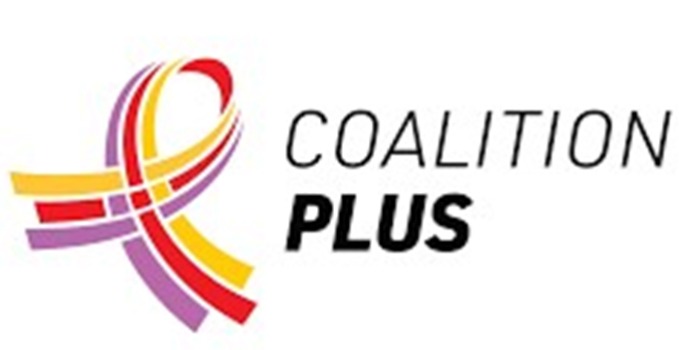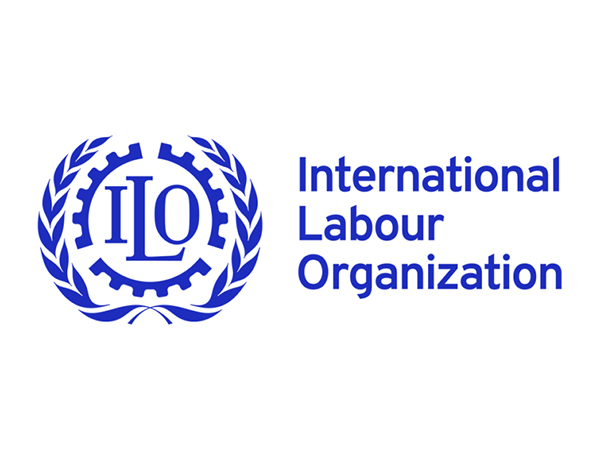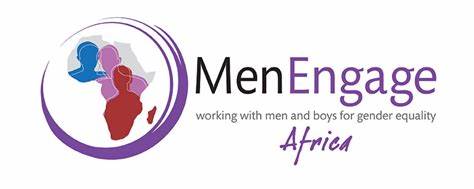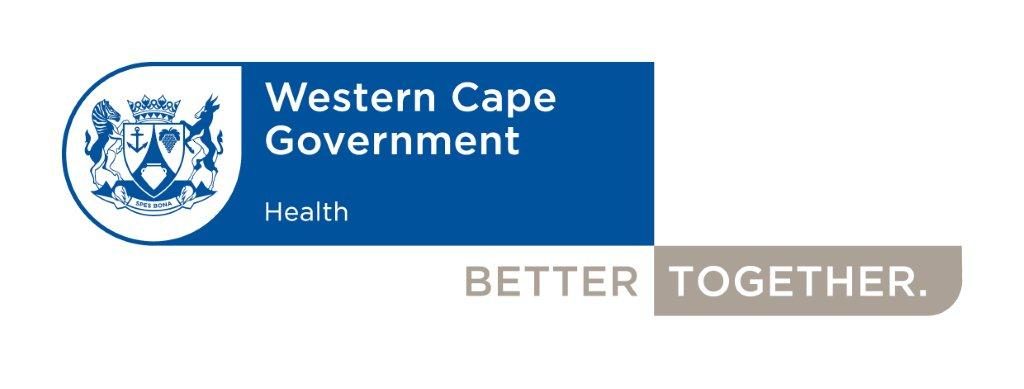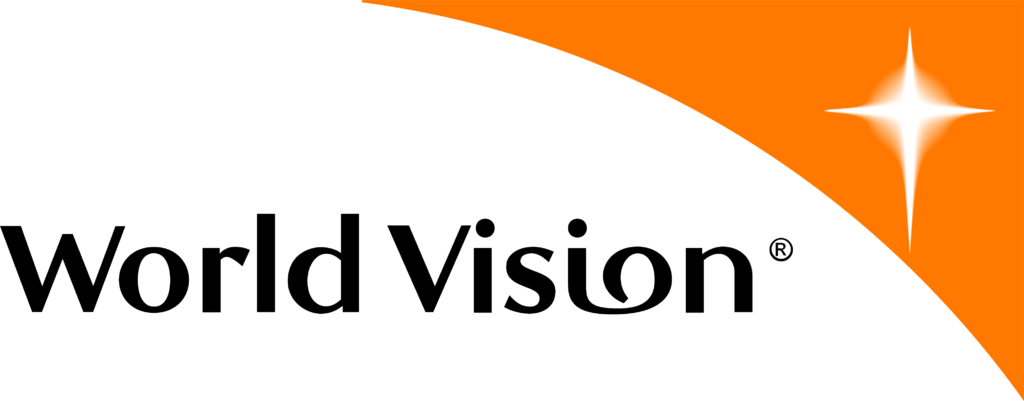Our valued partners
Collaborating with others who have similar goals plays a critical role in problem-solving, innovation, impact and collective success. By bringing together different perspectives, skills, expertise and tools we can all achieve so much more than if we work in isolation. We value our relationships with our carefully selected partners and what each of them brings to the table.
Coalition Plus is an international coalition of community-based NGOs involved in the fight against HIV/Aids. The network was founded in 2008 and is active in over 50 countries via more than 100 civil society organisations working across several HIV/Aids-related areas, including community screening, risk reduction, advocacy and capacity building. Coalition Plus focuses on the fact that HIV/Aids affects certain key populations more than others since the stigma these groups face acts as a barrier to testing and accessing treatment. Their motto – “Nothing for us, without us!” – aims to recognise the valuable expertise of people infected, affected or particularly vulnerable to HIV/Aids and the importance of community involvement. This experience in community health programming, peer education and community facilitation is the reason why Coalition Plus and the Africa Centre have partnered to jointly develop the centre’s new postgraduate programme in community health management.
The International Labour Organization (ILO) is a United Nations agency whose mandate is to advance social and economic justice through setting international labour standards. In 2022, the Africa Centre and the ILO conducted a study on the effectiveness and relevance of HIV/Aids, TB and Covid-19 legislation, workplace policies and programmes in the context of the Sustainable Development Goals (SDGs) and UNAIDS FastTrack goals. The study was conducted across different sectors/industries, such as mining and transport, and focused on leading organisations in these sectors. The study found that workplace policies that are aligned with national legislation are in place across sectors and that organisations have a desire to contribute and/or invest in the fight against HIV/Aids and TB. The workplace policies are however not always relevant or effective, reflecting a poor understanding and knowledge of how to create a supportive environment for HIV–positive employees and protecting their rights. In cases where policies are effective, a collaborative, multisectoral model is usually in place, indicating the importance of regulatory compliance and support. In addition to this study, the Africa Centre has ongoing collaborative relations with the ILO.
Men Engage Africa (MEA) was established in 2008 and is a member of the MenEngage Global Alliance, an international network of organisations that engage men and boys in the objectives of achieving gender equality (including questioning and addressing structural barriers), promoting health and reducing violence. Member organisations are all in some way involved in transforming patriarchal masculinities and working toward advancing gender justice, human rights and social justice in key areas, including sexual reproductive health and rights (SRHR), gender-based violence (GBV) and HIV prevention as well as children’s rights and positive parenting. MEA’s secretariat, Sonke, provides technical support to the member networks on communications, advocacy, movement building, research and knowledge management. The Africa Centre supports MEA’s activities and calls for gender equality and men’s involvement in gender and health–related issues on an ad hoc basis.
The Society for AIDS in Africa (SAA) was founded in 1989 at the fourth International Symposium on Aids and Associated Cancers in Africa (now ICASA) held in Marseille, France, by a group of African scientists, activists and advocates in response to the epidemic. The establishment of the SAA was the result of calls by African scientists for the conference to be organised on African soil. These calls had begun the previous year (1988) at the third meeting in Arusha, Tanzania. The conference had until then been organised outside the African continent. The SAA is non-governmental and not-for–profit. The Africa Centre has an ongoing agreement with SAA whereby the organisations work together to facilitate and promote the development of research and social impact programmes as well as HIV/Aids-related publications.
St John of God College of Health Sciences is a private college that was established in 2003 under proprietorship of the Roman Catholic Church. The college is committed to contributing to the development of health professionals in Malawi by being a centre of excellence in education, research and training for quality mental health services in the region. Just like the Africa Centre, the college structures their activities on the three pillars of teaching (via several diplomas, degrees and training programmes), research (including publishing research to influence and inform policy) and community engagement (focusing on community activities that improve the socioeconomic and psychosocial circumstances of community members). The partnership between St John and the Africa Centre involves joint research and research grant mobilisation as well as supervision, academic writing and publishing support from the Africa Centre, with a focus on issues relating to mental health, HIV/Aids and climate vulnerabilities.
UNAIDS, the joint United Nations programme on HIV/Aids, brings together the efforts and resources of ten UN system organisations to the global HIV/Aids response. UNAIDS is committed to strengthening support to community-led and people–centred responses. With such a strong strategic alignment with the Africa Centre’s priorities, the centre collaborates with UNAIDS on an ongoing basis as opportunities arise. The Africa Centre also previously conducted a study commissioned by UNAIDS that aimed to generate empirical evidence for the role of people-centred and community-led HIV-related service delivery in the context of the universal healthcare coverage debate.
The core function and responsibility of the Western Cape Department of Health is to deliver a comprehensive package of health services to the people of the province. The Africa Centre and the Western Cape Department of Health in the Cape Winelands district have collaborated to develop and distribute a photo novel among healthcare workers who treat recently diagnosed diabetes patients or people who are seriously at risk to help them manage their diagnosis or help prevent developing the disease. Feedback from healthcare workers on the photo novel’s effectiveness was overwhelmingly positive, indicating that it helped them to explain the condition to patients and encouraged patients to ask more questions. The fact that it was relatable and easy to read also supported engagement and helped to allay fears about the disease and treatment.
World Vision is a Christian humanitarian organisation that aims to address the causes of poverty and injustice by helping children, families and communities reach their full potential. WVSARO (World Vision Southern Africa Regional Office) has been partnering with government ministries, faith leaders and individuals in the Southern Africa region for over 50 years. The Africa Centre and WVSARO have agreed to work together on the development of research programmes (including evaluations and social impact assessments) and social impact development models. They will also provide training and conduct and share research on a range of humanitarian and community issues (e.g. conferences, webinars, internship opportunities and fundraising for grants and bursaries).

